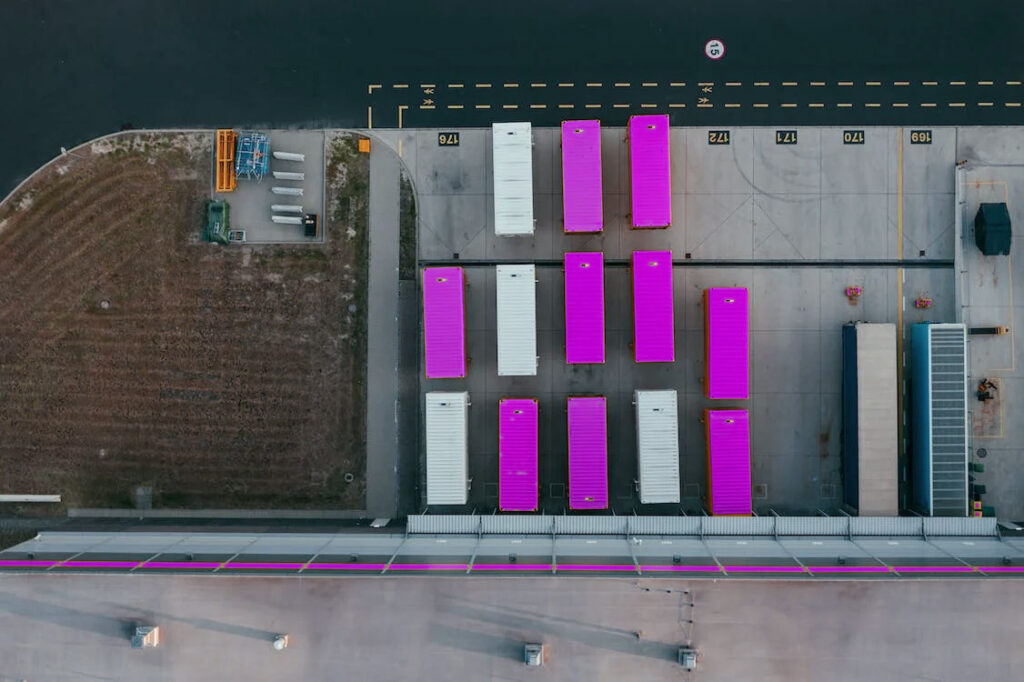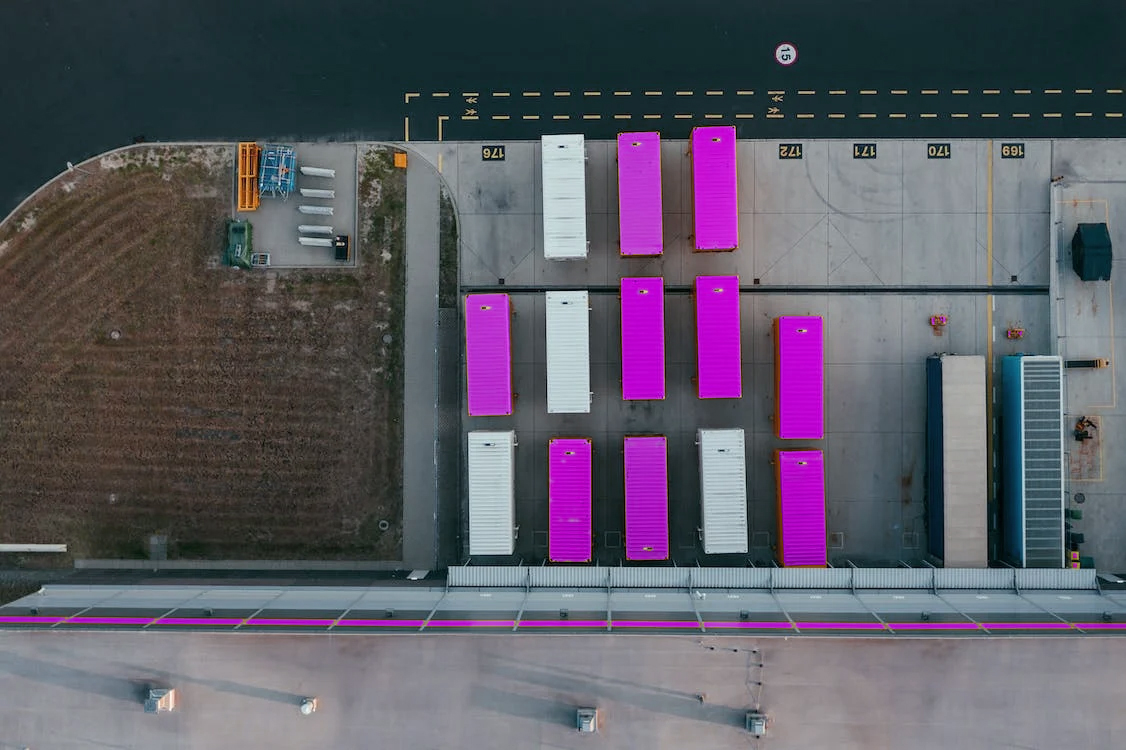DSC Logistics
Scale On-Demand Architecture Solution
Saves 40% MoM
Background
DSC Logistics (aka CJ Logistics) delivered integrated and multimodal logistics services, connecting every corner of the world via air, sea, and land. The company is an industry leader in transforming logistics and supply chain management into a critical business strategy based on innovative thinking and high-performance operations.

The Challenge
DSC needed a cost-effective “Scale on-demand” architecture solution to accommodate fifty new warehouse sites. Furthermore, application integration was required against legacy technologies and solutions. Given the client’s knowledge of Cloud technologies or implementations, Kopius* stepped in with budget-friendly software development and testing environments to mimic production.
The Solution
Kopius’ teams presented strategy, technology, and architecture to solve the client’s challenges. We used Amazon Web Services to locate all development, testing, and production environments providing instant scaling in a ”pay for what you use” model. Next, we brought in Docker and Ansible as configuration management and deployment tools, allowing seamless configuration launch. Finally, Kopius introduced world-class DevOps best practices and tools to DSC for continual program maintenance, including an automated testing framework.
Results
DSC now saves 40% on monthly hardware costs compared to previous years, and the new infrastructure allows DSC to duplicate its Kopius team size, work in parallel on multiple applications at once, and improve its time to market by 55%. Overall, DSC expanded its capabilities without rewriting or extending any of its legacy systems, saving $450K in development expenses.
*Work was performed under the previous business name, Tradehelm


